11 July 2023
Point of Care device has a big impact in Same Day Emergency Care
Tagged by
The Same Day Emergency Care (SDEC) team at the Western General Hospital can now speed up access to results for blood clotting problems thanks to funding from NHS Lothian Charity.
Previously, identifying blood clots in patients was a time-consuming procedure. Where the risk of blood clots was increased, medication was given to reduce the risk until the results came back to decide the course of action. However, the Lumera Point of Care Device that the team is piloting is helping to quickly and non-invasively detect veins and blood clots in patients.
The new equipment produces instant high-resolution images of the inside of the body. By quickly identifying the location and severity of a blood clot, doctors can begin treatment sooner and with greater precision, potentially saving lives. This helps the team to provide a more efficient assessment with reduced waiting time and the potential need for unnecessary medication. In addition to improving patient outcomes, this equipment has reduced wait times, helping the hospital to provide exceptional care to more patients.
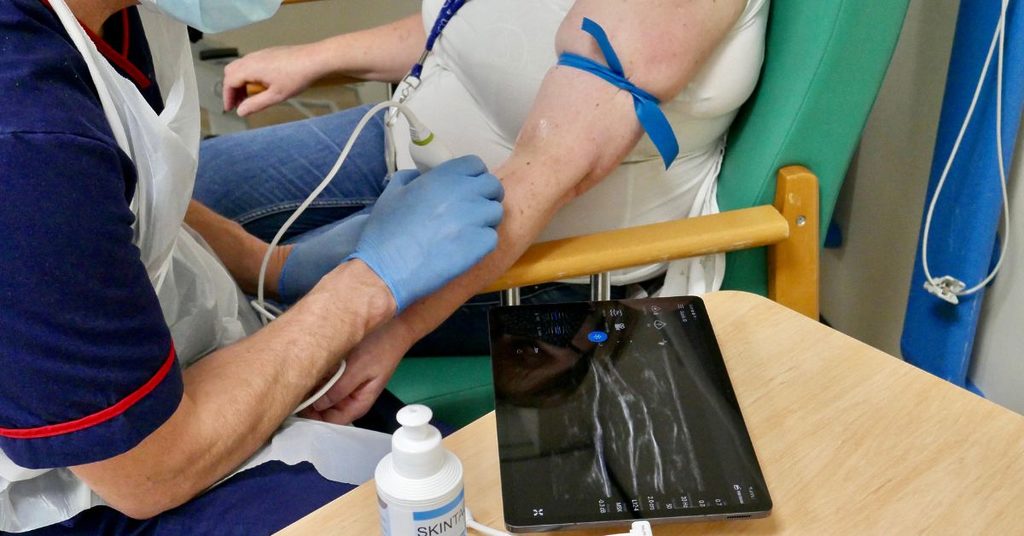
The device has impacted staff and patients in the following ways:
Improved patient experience
Reduced waiting time for support means patients are exhibiting less signs of stress and distress and an improved environment for staff to detect deteriorating patients. Staff in the department feel that patients have a better experience, and the team are able to provide a more efficient service to patients.
One of the staff members gave an example:
“If a patient arrives in the department at 6pm, radiography and scanning departments are closed. We can now do the test and give the appropriate advice all before we close at 8pm. Prior to this the patient would have gone back to a ward and stayed overnight until the labs opened in the morning.”
Improved clinical outcomes for patients
By quickly identifying the location and severity of a blood clot, doctors can begin treatment sooner and with greater precision, cutting out the potential need for unnecessary medication and potentially saving lives. 10 more patients a day can be attended to which means more patients can be admitted from the main Emergency Department, helping to ease the burden on this department and it‘s staff.
Dr Rachel Sutherland explained:
“This also had a knock-on effect regarding patient scanning, giving the department more lead time to allocate an available ultrasound, improving the likelihood of same day scanning.” Another example of less waiting time for patients.
Improved staff health and wellbeing
Staff reported to be feeling more valued as result.
A Clinical Support Worker from the department told us:
“I have worked in this department for a long time (and prior to the device being used), I have seen a difference in the morale of everyone. Happier patients equals happier staff!”
Improved knowledge and understanding of effective treatment and practice
The impact of using the device has been further felt by staff.
Dr Rachel Sutherland explained:
“Multiple staff members were given the opportunity to expand their skills regarding the use of the Point of Care Device. Clinical Support Workers responsible for performing the tests have had the opportunity to gain knowledge.”
Other impacts
This test can limit the need for patients to receive some medications resulting in a significant reduction in spend for the department. The department was recognised by other professionals with an invitation to speak at the Thrombosis UK Conference 2023 and produced multiple poster submissions.
Approximately 2,000 patients within a 6-month period benefitted from the use of this device.
What’s next for the department
The team now uses this device on a daily basis and with the current expansion plans for SDEC and the increased number of patients directed from other NHS Lothian areas, more patients will benefit from the use of this point of care test. The department also hopes to use the device to test levels of troponin which indicates damage to the heart, allowing doctors early indication and potential prevention of heart attacks.
What the SDEC team has used further funding from NHS Lothian Charity to support
The SDEC team has created an online patient experience survey which is monitored and analysed. Responses from this then give the team evidence to implement a number of other initiatives across the department.
The department is also introducing TVs for waiting rooms. Patients get anxious about waiting times, the TVs will broadcast live times and show other important patient information. This will ease distress in patient waiting areas and free up staff time.
One staff member in the department explained:
It is part of my role at the moment to check our database and then update patients in waiting rooms of waiting times, when this is automatically displayed on the TVs it will free me up to see more patients.”
Patient Information Display Units have been purchased to be displayed on walls in patient areas. This will allow patients to easily help themselves to written information relevant to their condition. This will help increase patient knowledge and free up staff who currently hand out the leaflets.
Our patient information leaflets include advice on medication, as well as recovery and best practice on how to manage their condition. By being more informed, and following a patient centered care model, clinical care improves as a result.”
Find out more about how your donations are supporting NHS Lothian patients, visitors and staff

Giving staff the time, space and support to learn together: Falls Learning Conference 2025
Falls remain a leading cause of injury, loss of independence, and hospital admission among older adults in Lothian.
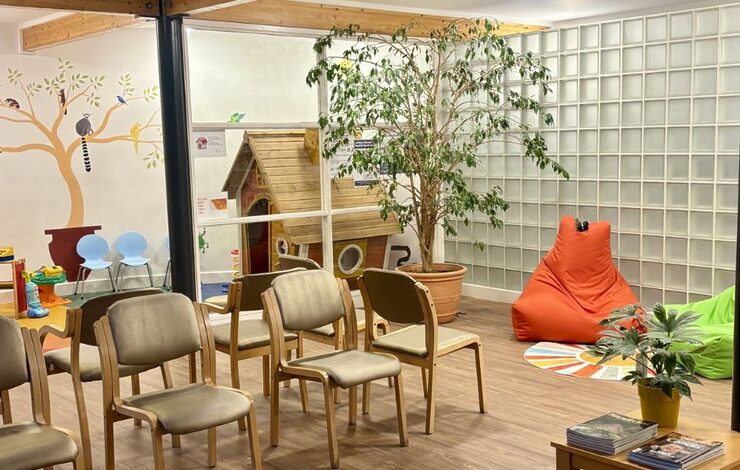
Creating a Calming Space: Enhancing the Waiting Room at Dunbar Medical Practice
Waiting for an appointment can be stressful for patients and families. Thanks to generous donations, Dunbar Medical Practice has transformed their waiting area into a warm, welcoming space where patients and families feel more comfortable and at ease.
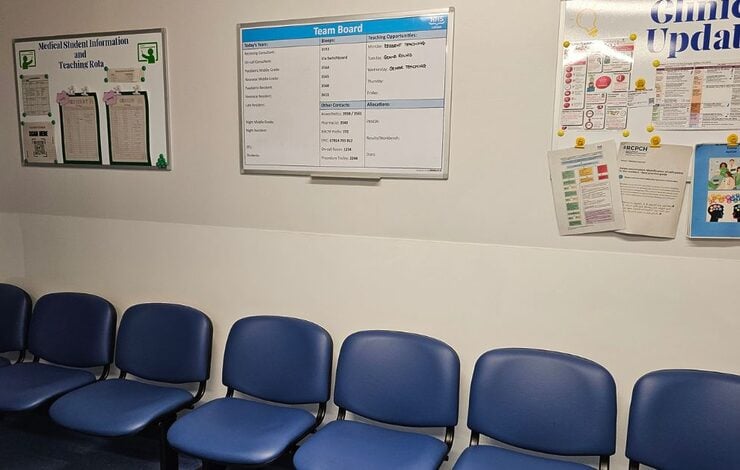
Creating a Brighter, More Welcoming Space: Upgrading the Children’s Ward Hub at St John’s Hospital
The hub on the children’s ward at St John’s Hospital is the heart of the team’s work. A space where staff coordinate care and sometimes invite families to discuss treatment plans
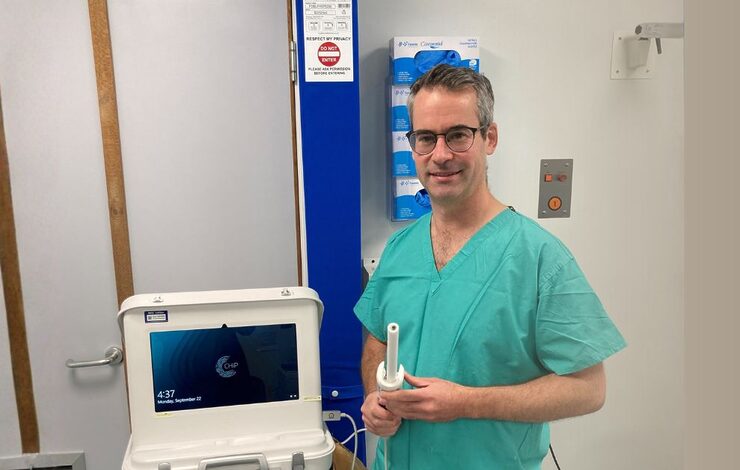
How Your Support is Helping NHS Lothian Bring Advanced Diagnostics to Outpatient Care
Thanks to your generous support, the Colorectal Unit at Western General Hospital has introduced the Lumeneye System into outpatient clinics.
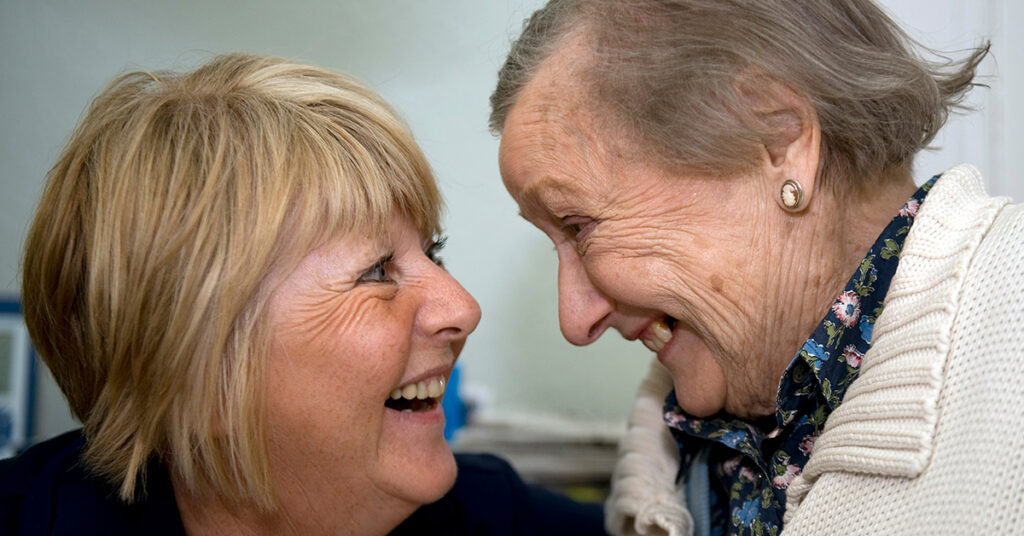
Apply for funding
From the everyday to the transformational, we work in partnership to support NHS Lothian staff to excel for patients, their families, staff and communities. Find out how funding through your official charity can help make your ideas for improving patient care, a reality.